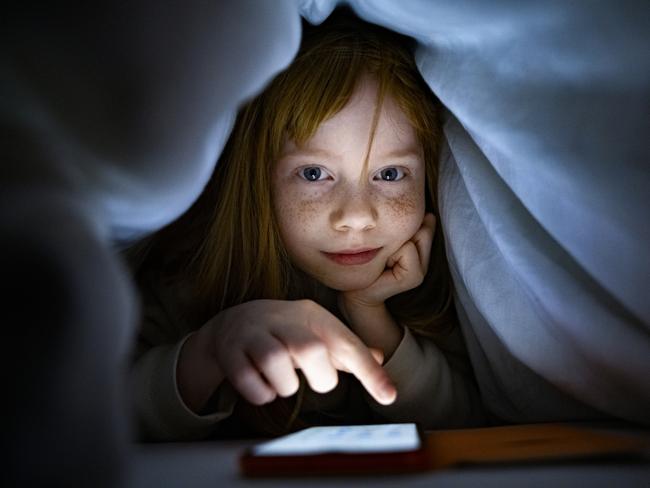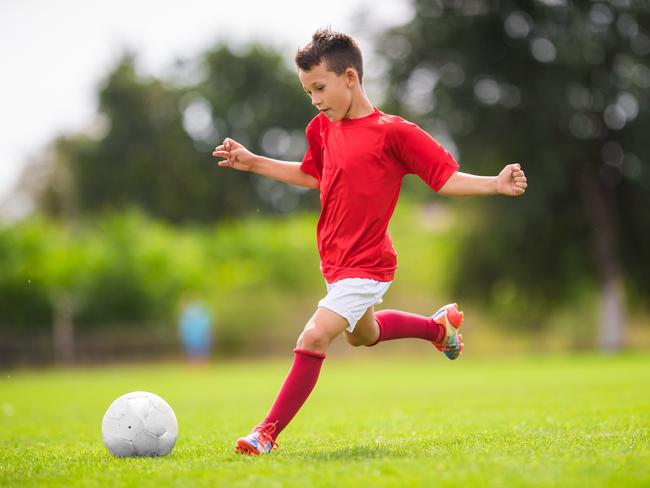The ins and outs of COVID-19 and how it affects sleeping patterns
Australia’s lockdown has been an unusually strange time for many people, particularly kids. Routines are out the window and an expert says it has had a major impact on sleeping patterns.
- How Filthy Rich & Homeless ‘broke’ Dr Andrew Rochford
- The Voice star reveals shock change after 38 years
A good night’s sleep is vital for a child’s health, emotional wellbeing and ability to get through the day.
But many of the factors that help form healthy sleep habits have been disrupted by the strange coronavirus times we are living in.
Paediatrician Harriet Hiscock, from the Sleep Health Foundation, said heightened anxiety, derailed routines, increased screen time and lack of physical exercise during the pandemic were taking a toll on our kids’ sleep.
“Some kids have become understandably anxious and distressed by COVID-19 itself, whereas for others it’s more about the fact they’ve missed out on school and the regular contact with peers and extended family,” Prof Hiscock said.

“That’s led to anxiety, which stops them getting to sleep.”
Prof Hiscock said normal routines had also “gone out the window” in many households, with children learning and parents working from home.
“They are going to bed late, they’re getting up late, and because they’ve been on screens for school they’ve been on screens the whole time,” she said.
“And that’s disrupting them getting to sleep.”
MORE HIBERNATION
Dishes to spice up your family dinners
What to do when your lockdown wine supply is running low
Easy BBQ recipes to master this winter
The shutdown of community and school sports also compounded the problem for some kids.
“We do know that if you do more physical exercise you sleep better and so with all that structured sport going out they are not getting as physically exhausted,” Prof Hiscock said.
But she said there were also some children who were sleeping better during the pandemic.
“These are the kids who often have lots of extra-curricular activities and because life is less busy and crazy they’ve actually relished it,” Prof Hiscock said.
“They’re calmer, they’re less stressed, less anxious and they’re reporting that they’re sleeping better.”
Prof Hiscock said children with social difficulties, such as being on the autism spectrum, could also be in this category.
She said the amount of sleep children needed varied according to age, but quality was often more important than quantity.
“If they are getting a good night’s sleep that’s unbroken that’s probably more important,” she said.
“If they wake up by themselves in the morning and wake up in a reasonably happy mood, that means they’re getting enough sleep.

“If you have to wake them up that’s a sign they’re not getting enough sleep.”
Prof Hiscock said adequate sleep was harder to gauge in teenagers because their body clock was naturally shifting to later sleep and wake times.
She said poor sleep in kids could lead to irritability, poor concentration and heightened anxiety or depression. Memory and co-ordination problems were also consequences of chronic poor sleep.
The key for parents trying to tackle kids’ sleep problems at the moment was reducing their screen time, getting them moving at least once a day and limiting their access to bad news about COVID-19 if they were anxious.
